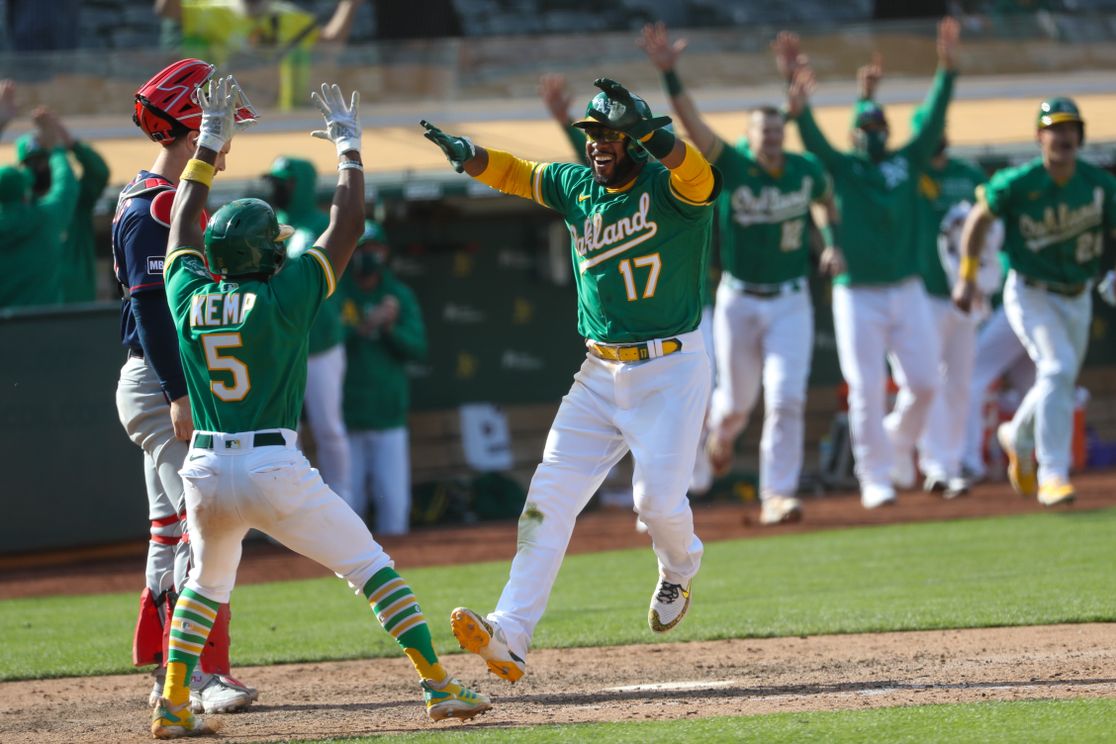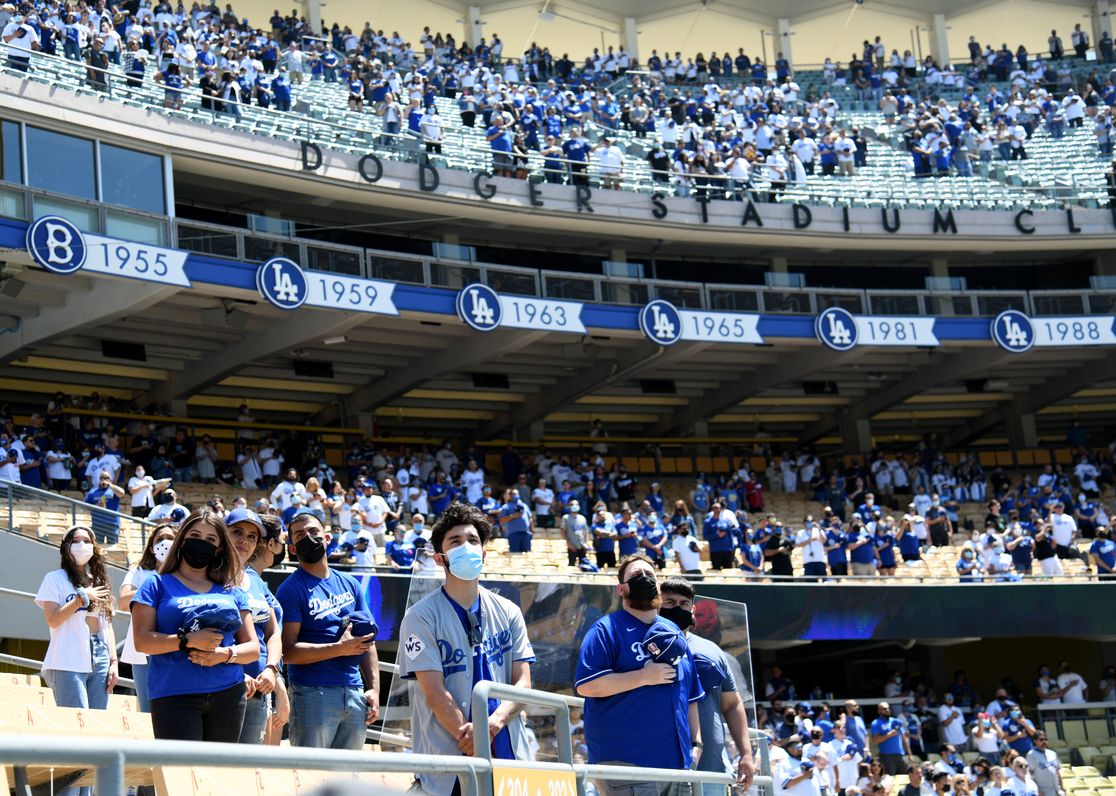"We're not in the throes of a "Greater Depression," and we're not facing a tsunami of bankruptcies. In fact, the stock market is hitting new record highs, while employment is rising fast. For all of these things, thank one institution above all others: the Federal Reserve, Axios chief financial correspondent Felix Salmon writes.
Why it matters: The coronavirus crisis has made abundantly clear the awesome power of central banks in general and of the Fed in particular.
The big picture: Most of the time, the Fed is a deliberately slow and quiet agency, keeping a close eye on thousands of economic indicators and trying its best to keep employment high and inflation low.
In a crisis, however, the Fed has now shown beyond any doubt that it is both willing and able to create as much liquidity as is needed to put out all fires and get the economy floating happily again.
As Minneapolis Fed Chair Neel Kashkari memorably put it on "60 Minutes" in March 2020: "There is an infinite amount of cash in the Federal Reserve. We will do whatever we need to do to make sure there's enough cash in the banking system."
How it works: The Fed, working hand in glove with the Treasury, announced a long list of programs in March 2020, all of which were designed to stabilize extremely jittery markets and make sure that creditworthy businesses had access to the capital they needed to get through the crisis.
The programs worked better than anyone initially dared to hope in fact, they worked so well that many of them barely needed to be used. The sheer fact that the Fed was willing to step in sufficed to get the private markets lending again.
Investors celebrated.
Setting interest rates at zero also gave investors every incentive to focus on large future profits (think fast-growing technology companies and other speculative investments) rather than concentrating on present-day cash flows.
The downside: Businesses are mostly owned by the rich, who got richer even as total employment plunged during the crisis.
There is moral hazard involved in bailing out risk-takers rather than forcing them to suffer losses. And stocks are now so expensive that the Fed risks having to fight yet another crisis should the current bubble burst chaotically." Axios
Cancel my subscription to the Resurrection
Send my credentials to the House of Detention
I got some friends inside




















